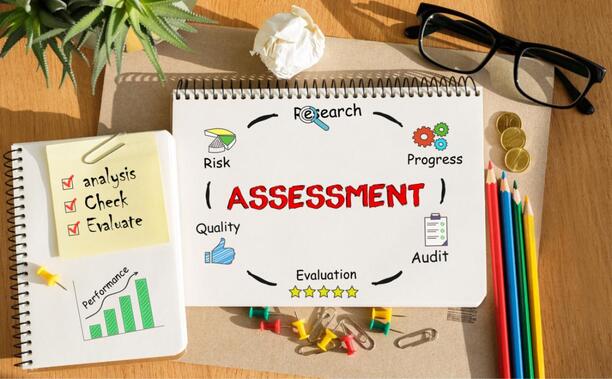|
A Conflict of Interest Policy that is effectively communicated and enforced ensures that decisions about the operations of a nonprofit organization and the use of its assets are made solely in terms of benefit to the organization and not to individuals with positions of authority within the organization. Best practice is for all nonprofits to have a conflict of interest policy.
Preparing for the implementation of automated systems is critical to ensure a successful outcome. Many nonprofit organizations are contemplating the implementation of automated systems to replace manual processes. These manual processes are time-consuming and are susceptible to manual input errors. Implementing automated systems in critical areas such as invoice and expense processing serves to:
With sources of revenue declining and costs increasing, it is important for nonprofits to have effective financial procedures in place to safeguard the organization’s cash. Documenting and assessing your finance operations formally can identify issues your organization is experiencing and those that have not yet been detected.
To protect the organization’s cash, financial procedures should include:
Nonprofit organizations are facing high staff turnover, staffing shortages and difficulty attracting and retaining qualified employees for their finance departments. The period in which a position is vacant or a new hire is learning their position in the finance department can result in essential daily operations not being performed, delayed financial reporting and an increased risk of fraudulent activity. The finance department should proactively prepare for these operational disruptions.
Collaboration between the finance department and non-finance staff in nonprofit organizations is essential to achieve effective financial management. By breaking down the silos preventing this collaboration, the finance department can fulfill its responsibilities and enable the organization to run its programs, deliver services and successfully carry out its mission.
Finance And The Board Of Directors5/16/2023 The Board of Directors of a nonprofit organization has a fiduciary responsibility to oversee the financial health of the organization. Although they are not responsible for managing the daily operations of a nonprofit organization’s finance department, they should be confident that the finance department is managed efficiently and effectively with proper processes and systems in place to support the organization as it successfully carries out its mission.
Has your nonprofit’s finance department ever undergone an independent assessment of its operations? An independent assessment brings a fresh set of eyes that reviews your finance department operations critically and provides recommendations for improvements. An assessment can correct issues your organization is having and identify those that have not yet been detected.
User Access Controls protect user access to automated financial systems. These controls restrict user access only to authorized users and only for the functions they need to perform their jobs. Effective user access control practices help to mitigate the risk to nonprofit organization of unauthorized or fraudulent activity occurring.
User Access Controls include assigning: Login Rights-designate who is authorized to log onto a system and how they log on Permission Rights-designate which functions each user may perform within the system, for example, input, edit, delete or view only. Financial fraud not only depletes an organization's assets but also affects their reputation, once the fraud is publicly disclosed. Although nonprofit organizations do not anticipate being victims of fraudulent activity, they should be aware of areas where they might be at risk. Remote working, downsized workforce and changes in staff roles and responsibilities may contribute to incidents of fraud. With proper internal controls, policies and procedures in place, this risk can be mitigated or even eliminated.
Happy New Year! Now is the time for the finance department of your nonprofit organization to set its goals for 2023. 6 Resolutions for Nonprofit Finance Departments Resolved:
Distribute monthly financial statements by the 15th of the following month Result: Proper procedures in place result in the distribution of timely and accurate financial statements. Resolved: Create or update your Accounting Policies and Procedures Manual Result: Consistency in applying policies and procedures | Transparency in financial management | Proper safeguarding of financial resources | Compliance with regulatory and accounting requirements | Efficiency in training new employees. Resolved: Schedule an independent assessment of your finance department operations Result: Your operating procedures will be evaluated. Inefficiencies in and lack of internal controls will be identified. |
|









